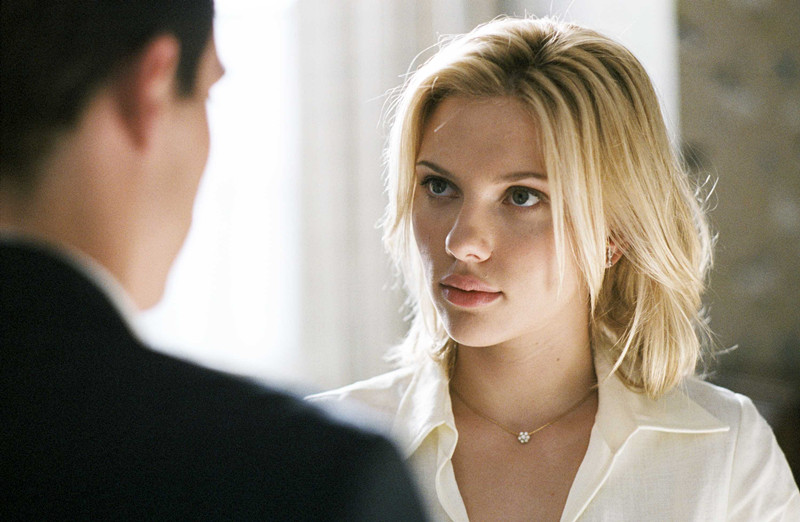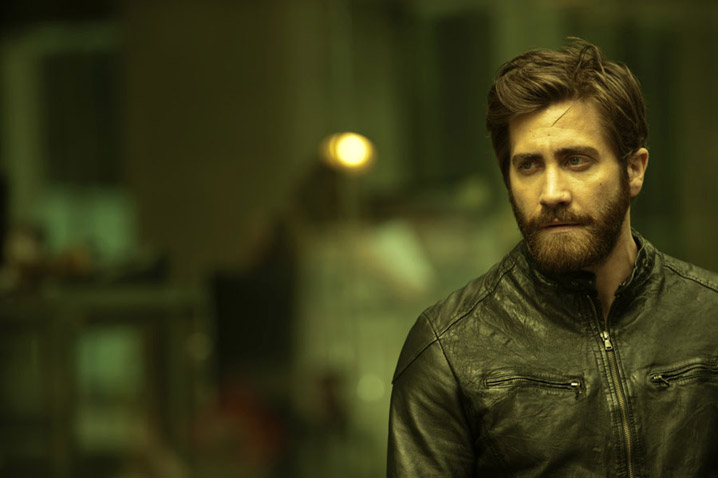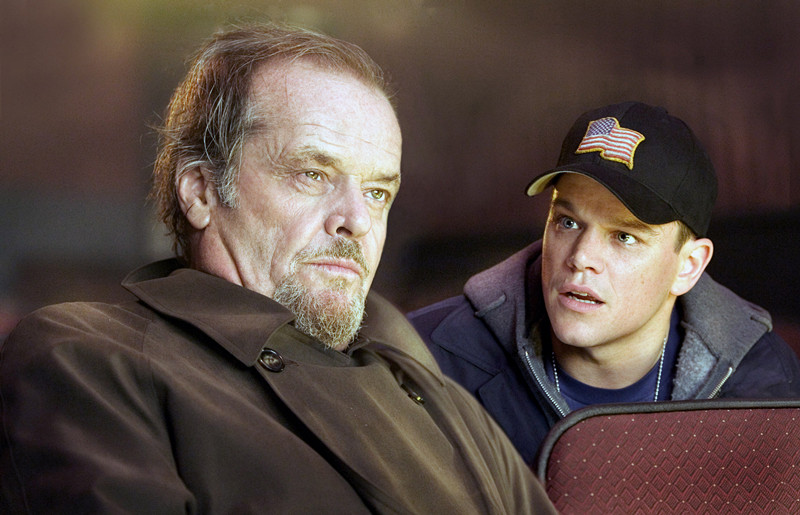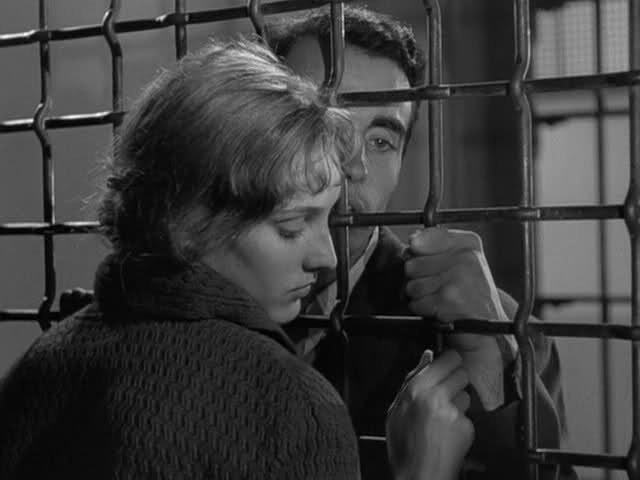
Dostoevskian: worthy of Dostoevsky, because of the complexity and the depth of the themes that it proposes. Fyodor Dostoevsky was one of the greatest Russian novelists and intellectuals, who surpassed the limits of the simple fictional work making of his books and his characters something nearer to the philosophical than to the “normal” novel.
Explaining his thoughts and his philosophy, with all their contradictions and implications, would require too much time and space and this is not the right place for it. The easiest and fastest way to describe his poetics resides in a definition: “artist of chaos”.
He outlines a dark and gritty world, almost entirely dominated by evil, in which a good person becomes an idiot who involuntarily highlights the contradictions and idiosyncrasies of the entire society and is destroyed by it, like a new Christ. Still, there is some kind of hope (“Beauty will save the world”) that lies in all of our souls.
In the list, you will not find any movie based on a novel written by Dostoevsky (because of this, you won’t find here “Le Notti Bianche” by Luchino Visconti, and other movies such as the recent “The Double” by Richard Ayoade, or “Quatre Nuits d’un Reveur” by Robert Bresson, etc), but just inspired (in the atmospheres, the themes or in a particular character) by his huge, magnificent, fascinating and everlasting work.
7. Enemy (Denis Villeneuve, 2013)

The subject of the “double” in every single shade has been used and explored lots of times throughout cinema history, from Bertolucci’s “Partner” to “Lost Highway” and “Mulholland Drive”, passing through to “Fight Club”. Every aspect of it seemed already taken on, but Denis Villeneuve’s “Enemy”, based on a novel by Nobel Prize Winner Jose Saramago, deals with it in a new and, at the same time, classical way, not forgetting the essential literary contribution of Dostoevsky.
Others might have put in its place the recent movie “The Double”, based on the novel of the same name by Dostoevsky, but Villeneuve’s work is cinematographically and conceptually more successful and fascinating. First, it does not care too much about the plot, but more about the sensations the situations inspire and about images.
It is a slow descent into Gyllenhaal’s twisted mind, while his character slips from one personality to the other without us noticing it, until the enigmatic ending in which the two finally live together. One is the instinct, the other the (apparent) normal and frustrated man.
Villeneuve’s camera work is fundamental to the economy of the movie, with its slow movements and its long takes; it confuses and fascinates us (the gigantic spider that walks among the buildings is nearly unforgettable) until we get lost into this journey of madness and repressed obsessions.
We must remember that Dostoevsky’s “The Double” was published when the first psychiatric theories about schizophrenia started to become well-known and generally accepted, while right now they are almost obsolete and the choice of using cinema itself (a meta-cinematographic short circuit: the actor Jake Gyllenhaal playing a man who sees himself acting in a movie) as a bridge between the lives of the two souls is simply brilliant.
6. The Departed (Martin Scorsese, 2006)

“The Departed” does not have, at first sight, too much to share with Dostoevsky and his poetics. Leaving aside the controversy about its place in Scorsese’s career and its inferior or superior quality compared to “Infernal Affairs” (the movie on which it is based), “The Departed” is, besides a magnificent crime movie, an incredibly dark reflection about good and evil and the unreal line that separates them: where do good and the right things to do end? Can really bad things be done for the right purposes?
The movie answers these questions just partly, but it does it by telling a disquieting story about double games and, surprisingly, love that tries to survive in a world polluted by violence, greed and falseness (again returns the prostitute with a good heart of “Notes From Underground”). In fact, this is the most fascinating aspect of the movie: the suspended relationship between Matt Damon (evil) and Leonardo DiCaprio (good) and, in the background, their shared love for Vera Farmiga.
The triangle, which never leads the two male characters against each other (because they are paradoxically not aware of it), is a reminder of the one composed by Rogozin, Myskin and Nastas’ja Filippovna in Dostoevsky’s “Idiot”, just with a different ending that might be near to “The Double”.
Di Caprio and Damon chase each other, but at the end one can’t literally survive without the other, as if they were the same person. They are the two sides of all of us, just split in two and, subsequently, one of them must annihilate the other, not knowing that this crime will be punished.
5. Pickpocket (Robert Bresson, 1959)

A man approaches an older woman in the crowd of a hippodrome. He stays behind her, pretending to look at the horses running. His hand slowly opens her purse and takes some money just before the race is over. He goes out, while his voiceover describes his feelings to us: he thinks he’s at the top of the world, right now, and that stealing is not for everybody, but just for the chosen ones, for the supermen, who stealing makes good for the entire society.
This is the opening of the marvelous movie by Robert Bresson, who portrays pickpocketing as if he was shooting a documentary, with frequent cuts, no soundtrack, just the sounds of normal life, like the incessant footsteps and the mumble of the crowd.
Michel, the pickpocket of the title, gets humongous satisfaction from stealing other people’s money (the more difficult and elaborate the way of doing it, the better it is) in a nearly erotic way. He could have a normal life (his only friend searches undismayed work for him), but he chooses to continue this, almost trying to destroy himself. He is a sort of fusion between two of Dostoevsky’s characters, Raskolnikov and the protagonist of “Notes From Underground”.
He supports (like Brandon from “Rope” does for killing) that stealing, if done by the right and “upper” people, is a benefit for the society and it is almost a duty. Dostoevsky made his main character say the same thing, also anticipating Nietzsche’s superman. The main difference is in the ending and in the psychological behavior of the two characters.
While Raskolnikov is always anguished, Michel is almost mono-expressive, seeming to have no feelings, but he shows them when we don’t expect it like in the last scene where he shares the same destiny as Raskolnikov. He unexpectedly finds his salvation, his redemption, after he tried, without knowing, to run away from it.